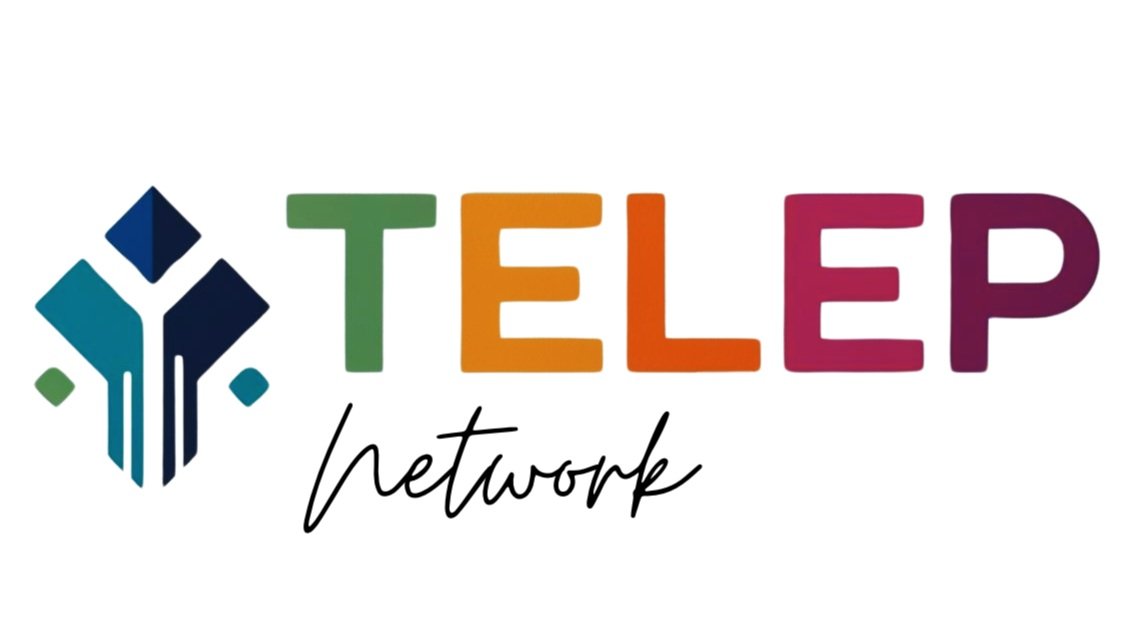The Writing’s on the Wall: So I Built TELEP
Why I’m betting on African vision, not just donor dollars
Let’s start with the obvious: the philanthropy and aid world is going through an identity crisis. And to be honest, it’s about time.
I’ve been behind the curtain — writing grants for NGOs, chasing the next call for proposals, helping brilliant, exhausted local leaders wrap their revolutionary ideas into donor-friendly language. I’ve worked on now-defunct USAID projects in North Africa, the kind where millions were spent and then poof — gone with the wind (or worse, gone with another reshuffle in Washington or Brussels). And let me tell you: the system is tired. The people running it are tired. The people trying to survive within it are even more tired.
So I’m doing something about it. I created TELEP.
Not a new app. Not another accelerator. Not a nice-sounding initiative with a logo and a prayer.
TELEP is a revolutionary network and funding model built for one simple reason: to make philanthropy actually work for Africa, not just in Africa.
Because right now? The status quo is doing the opposite.
Here’s the thing no one wants to admit:
There are phenomenal, community-rooted NGOs across the continent doing jaw-dropping, efficient, lifesaving work. They stretch every dollar like it’s elastic. They’re the ones getting results when the big, flashy projects with glossy strategy decks fizzle out.
But they can’t afford grant writers like me.
So what happens?
They’re overlooked.
Passed by.
Ignored because they didn’t say “intersectional systems transformation” in paragraph three of their concept note.
Meanwhile, funders complain there are “not enough investable African organizations.” Which is a nice way of saying, we don’t know who to trust because we don’t know what’s actually happening on the ground.
There’s a deep information gap and a deeper trust gap. On one side, African NGOs need money to scale and stabilize. On the other side, donors are sitting on piles of capital but don’t have enough visibility, context, or confidence to release it boldly.
Cue TELEP.
TELEP is my answer to this broken dance between money and meaning.
It’s a bridge. A matchmaking service. A movement.
At its core, TELEP helps local organizations articulate Vision Decks (not dusty, desperate proposals) but bold, multi-year roadmaps for change, written in their own voice, shaped by community priorities, and grounded in a future beyond donor dependence.
Then we flip the script: we invite philanthropists and foundations to fund these visions — on the NGO’s terms. Not the other way around.
And instead of solo giving, we build donor syndicates. Collaborative, aligned, and values-driven. Because no one foundation is going to save the world, and thank goodness for that.
Why now?
Because I see the writing on the wall.
Philanthropy is shifting.
There’s talk of decolonization. Of equity. Of letting go of control.
Great.
But talk doesn’t pay salaries, doesn’t build clinics, and doesn’t help a brilliant rural feminist organization who’s one accountant away from expanding nationally.
Local operators are already transitioning. They’re building income streams. Forming alliances. Planning their own exits from aid before the donors even announce them.
TELEP supports that.
We don’t just raise money — we help fund the end of needing it.
The revolution is here. And it’s quietly organized.
TELEP isn’t loud. It’s not a savior.
It’s just a tool. A sharp, strategic tool that trusts local brilliance, builds donor confidence, and refuses to let the usual gatekeeping decide who gets to thrive.
Because I’ve seen too many incredible African changemakers spend more time filling out forms than changing lives.
And I’m done with that.
If you’re a philanthropist tired of dead ends, or a local leader with a vision too big for old funding models — TELEP was made for you.
Let’s rewrite the rules — or better yet, let’s stop playing their game altogether.
